Calcium, a Vegan Nutrition Primer
According to Virginia Messina, MPH, RD, many people—vegan or not—fall short of meeting calcium needs. Intakes vary widely among vegans just as they do for omnivores (see reference 1 in the link below). Older research suggested that people eating plant-based diets might have lower calcium needs. Back in the 1990s, research suggested that animal protein pulled calcium out of bones, raising requirements for those who ate lots of meat, milk and eggs. At one time, we thought that this explained the lower rates of hip fractures in countries with lower animal protein intakes.
While some vegan nutrition websites and books still promote this idea, it hasn’t held up to scientific scrutiny very well. More recent evidence suggests that protein is not harmful for bone health and that it may even be beneficial (2-5). And while getting calcium from plant foods may have a number of advantages for bone health (see below), there is no reason to think that vegans need less calcium than anyone else.
You should have no trouble meeting calcium needs if you consume at least 2 cups per day of foods that are rich in well-absorbed calcium. These include cooked Chinese cabbage, turnip greens, mustard greens, collards, calcium-set tofu, fortified plant milks and fortified juices. Those two cups won’t provide you with all the calcium you need, but a few servings of other foods that provide calcium can easily make up the difference. These include beans, almond butter, soaked almonds, broccoli, kale, okra, sweet potatoes, figs, navel oranges, corn tortillas, and blackstrap molasses.
If you are over 50, aim for at least 3 cups per day of the foods that are rich in well-absorbed calcium since older people may absorb calcium less well. If you don’t eat these foods often or are otherwise worried about meeting needs, it’s fine to take a small supplement of 300 mg or so. Absorption from supplements is generally good. Take calcium pills with meals to reduce the risk of kidney stones.
See more at: theveganrd.com
Daily Recommendations • Protein From Plants • Iron Nutrition • Calcium • Iodine • Vitamin B12 • Vitamin D • Soy • Pregnancy
Fitness • Health • Heart Disease • Cancer • Diabetes • Meal Plans • Healthy Habits • Nutritionism • Ethics

